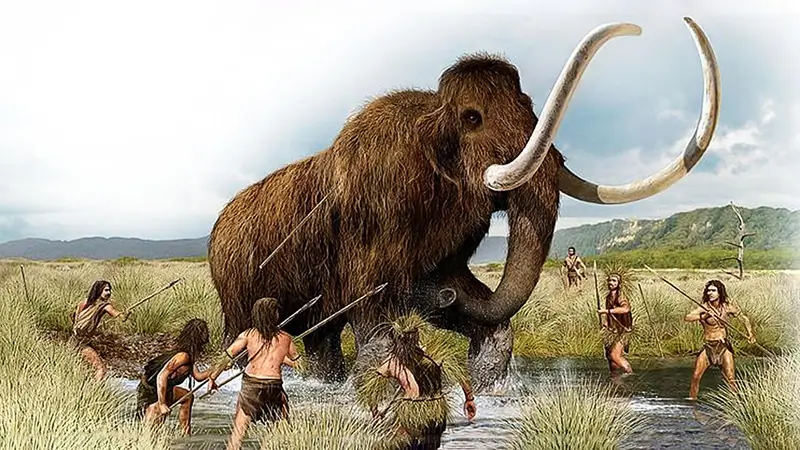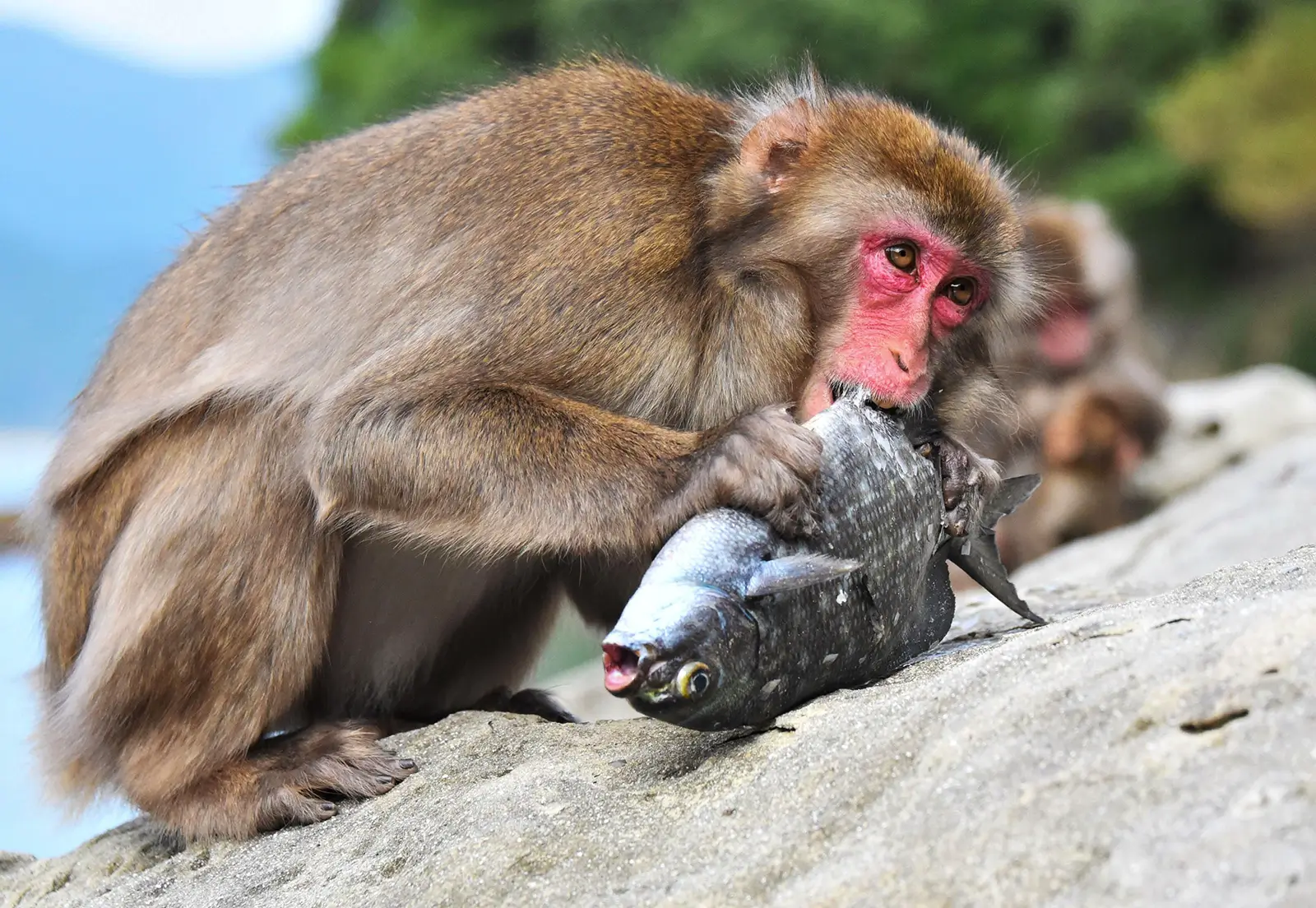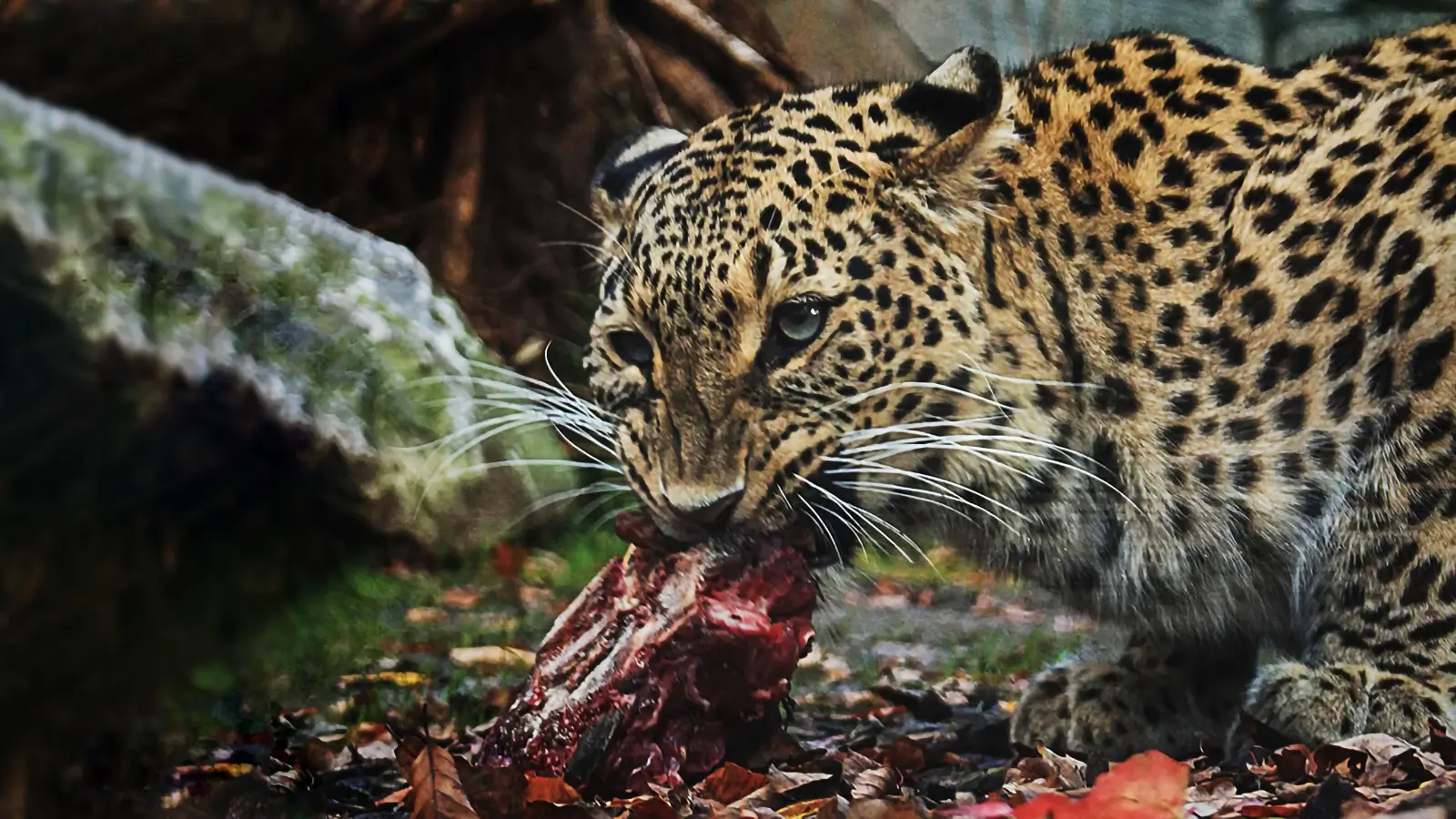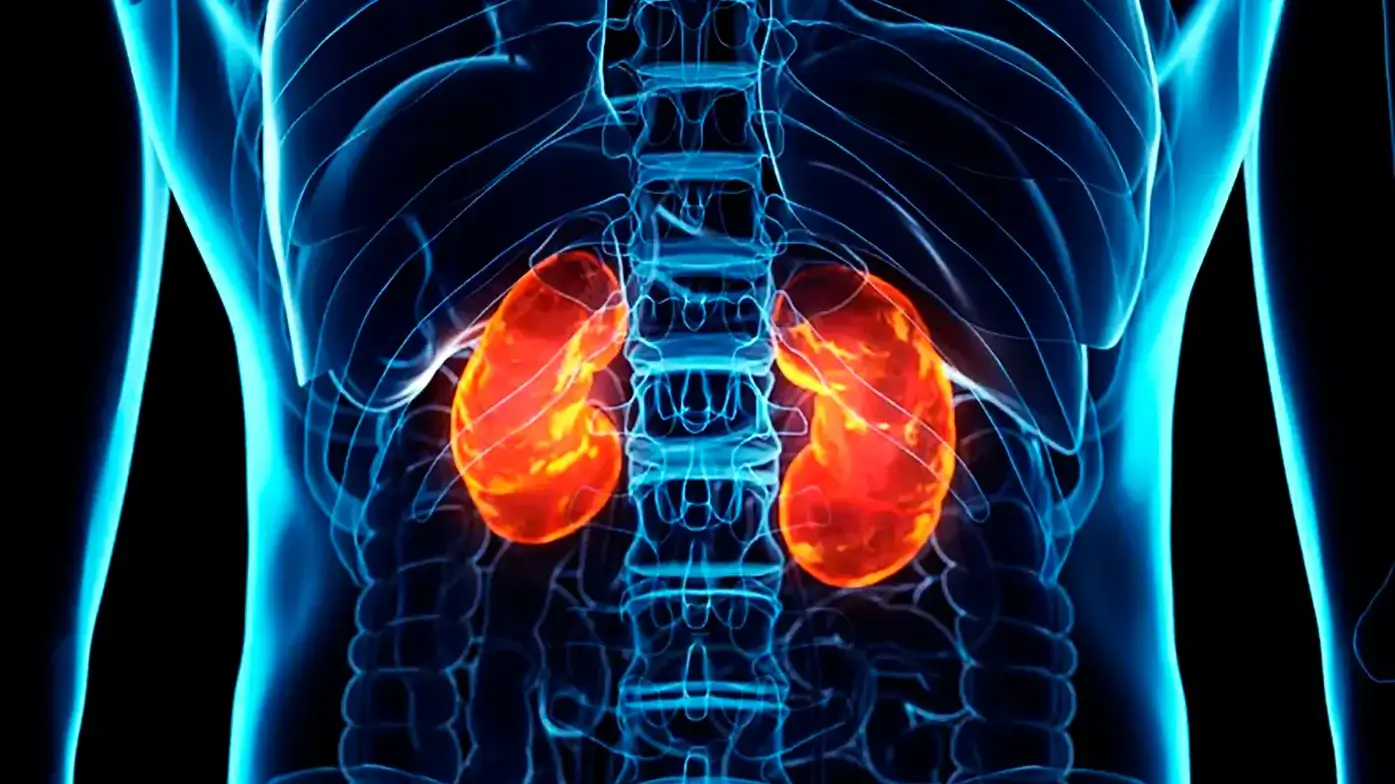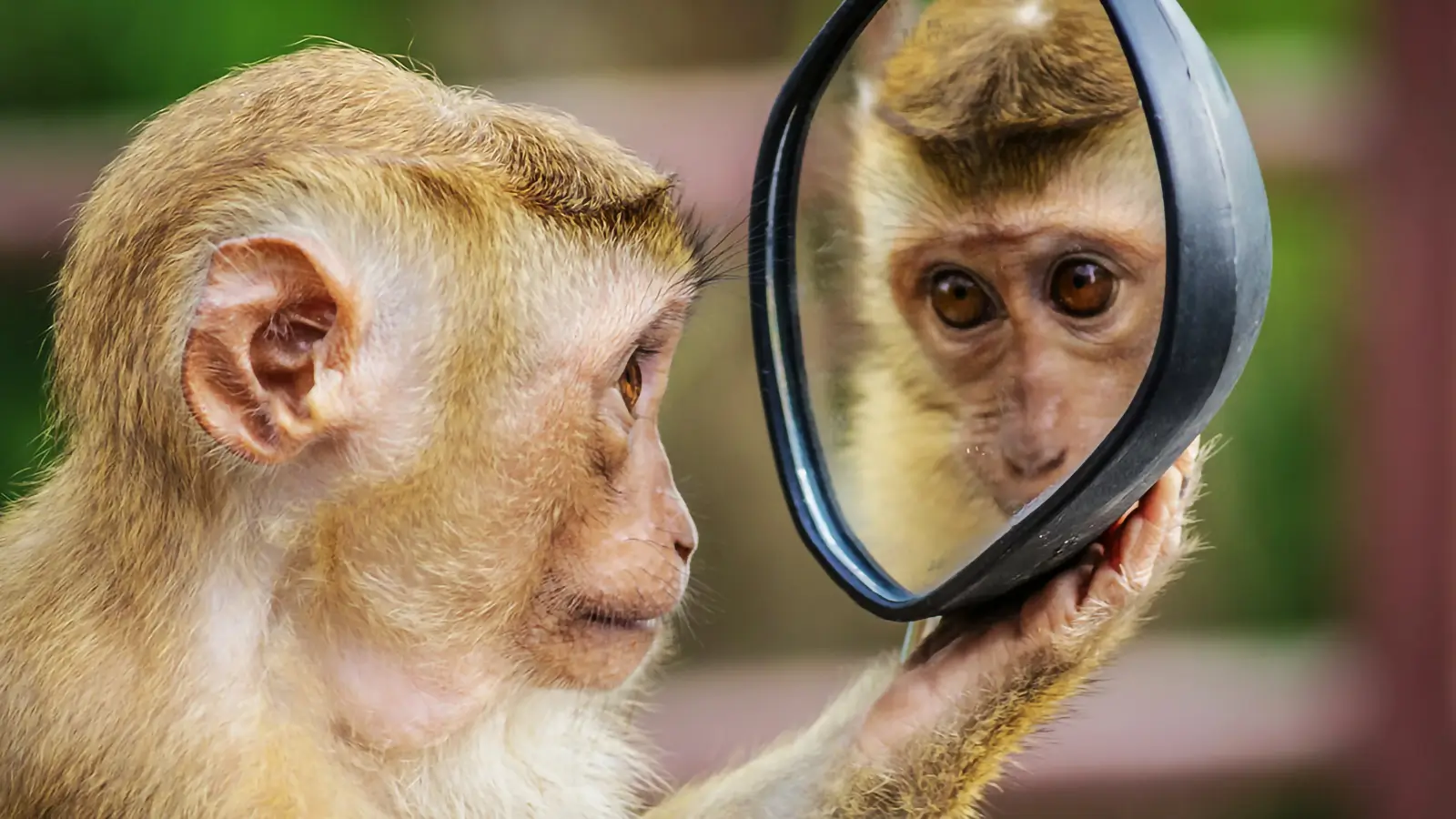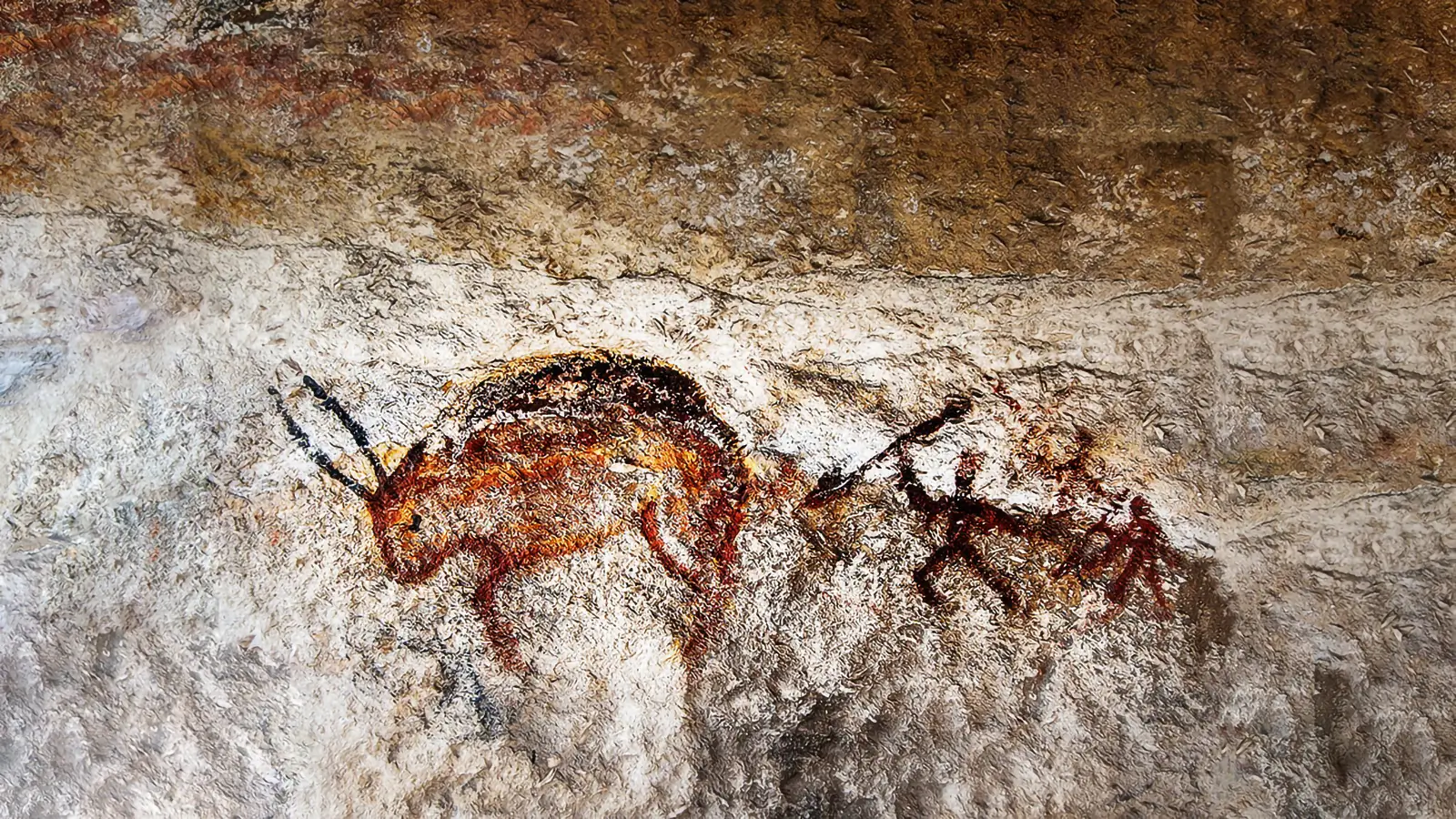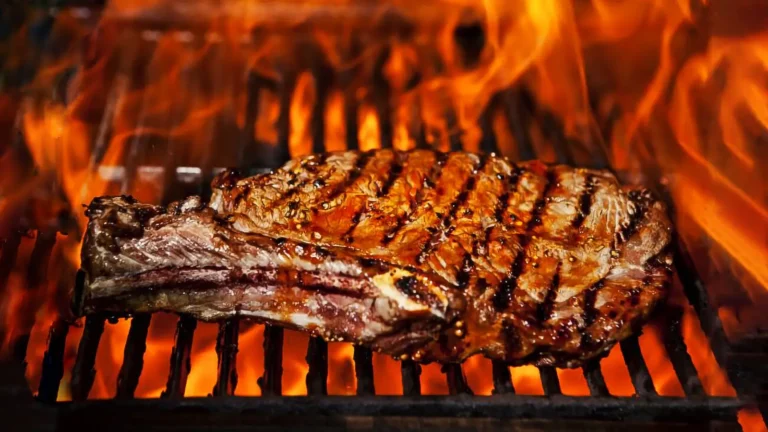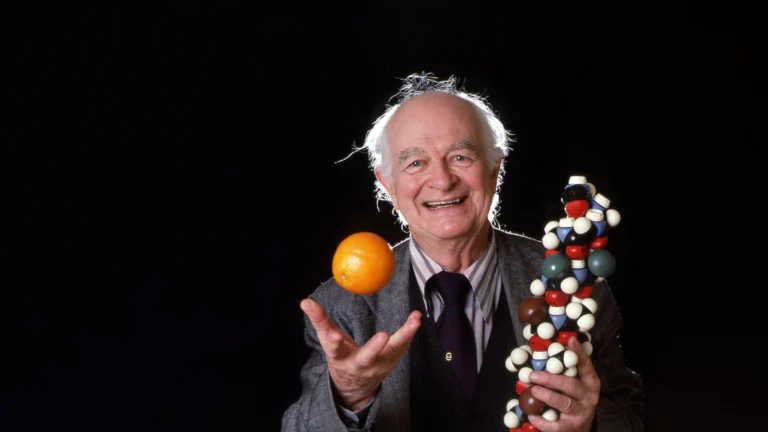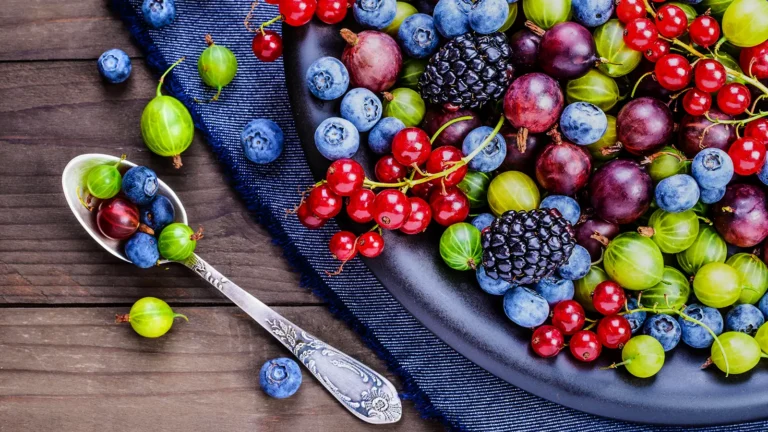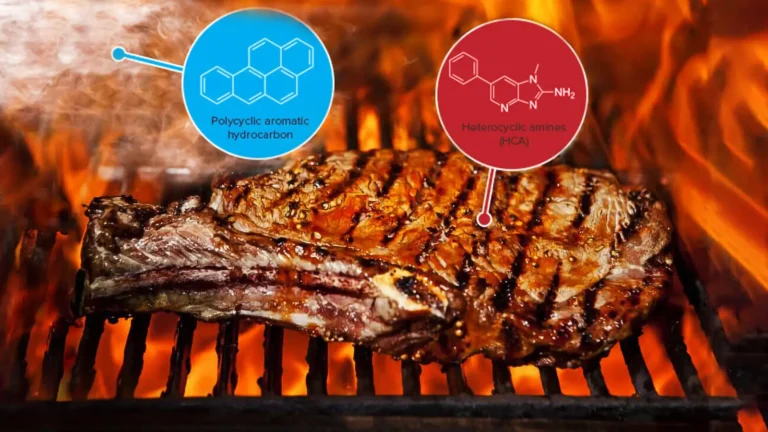Vegan Neandertais? A verdade sobre o real Neandertal dieta
Uma típica representação de Neandertais imagens-los como matar o mamute lanoso. No entanto, uma placa bacteriana conta uma história diferente sobre a dieta dos Neandertais
Milos Pokimica
Escrito por: Milos Pokimica
Revisto Clinicamente Por: Dr. Xiùying Wáng, M.D.
Actualizado em 9 de Junho de 2023A representação estereotipada dos Neandertais retrata-os como matando o mamute lanoso. Há provas arqueológicas que sustentam uma tese de que a dieta neandertal era carnívora mesmo ao mesmo nível que os ursos polares, que incluía refeições pesadas em grandes herbívoros como o mamute lanoso, renas, e rinoceronte lanoso.
No entanto, os dentes de Neanderthal contam uma história diferente. A placa dentária é utilizada para analisar os amidos e proteínas que foram preservados na placa. Quando investigados, os padrões de desgaste dos seus dentes sugerem uma dieta variada. A dieta também variou em função de um local com diferenças regionais significativas. Em algumas áreas, os estudos implicam que os Neandertais consumiam principalmente plantas, possivelmente incluindo medicinais.
A descoberta significativa veio quando os cientistas analisaram os restos mortais de Neandertais de El Sidrón, Espanha. Os Neandertais de El Sidrón mostraram zero sinais de consumo de carne. Não uma pequena quantidade, mas um zero completo. Em vez de carne, obtiveram calorias de alimentos vegetais recolhidos na floresta. A placa dentária foi preenchida com restos de diferentes tipos de nozes, cogumelos, e musgo. Os veganos de Neanderthal, como poderia isso caber na típica imagem aceite? E as proteínas e o b12?
A placa dentária é uma ferramenta muito útil porque pode preservar o material genético dos alimentos que os animais comem para análise. Laura Weyrich, da Universidade de Adelaide, e uma equipa de investigadores conseguiram obter uma visão incrivelmente precisa das espécies vegetais e animais que os Neandertais comiam. Analisaram três amostras. Dois fósseis obtidos eram da gruta de El Sidrón, em Espanha, incluindo o potencial aspirina-popper, enquanto um era da gruta Spy, na Bélgica (Gruta de Sidrón... Wikipedia). A análise provou mais uma vez a completa diversidade dos alimentos dependendo da ecologia do habitat local que estava na linha da teoria do forrageamento óptimo (OFT).

A dieta do Neandertal não existia na sua essência. A dieta dependia do local onde os Neandertais em questão viviam. Os belgas, por exemplo, seguiam o padrão de alimentação rica em carne porque tinham de o fazer. Foi descoberto material genético de ovelhas selvagens, rinocerontes lanudos e alguns cogumelos na placa dentária, bem como alguns ossos de cavalos, mamutes, renas e rinocerontes na gruta. Os ossos contam a mesma história que a placa dentária: estes grupos eram caçadores. No habitat belga, não procuravam alimentos vegetais porque não havia nenhum para encontrar. Tiveram de se adaptar para sobreviver ao clima frio e estéril através da caça. Provavelmente também não gostavam muito.
Os Neandertais espanhóis pareciam ter uma vida mais confortável. Eram hippies frescos e vegetarianos Neandertais. A verdade sobre a verdadeira dieta Neandertal é que eles comem em grande parte cogumelos, pinhões, musgo, e outros tipos de comida que obteríamos da forragem numa floresta. Assim, os Neandertais do norte eram caçadores, e os Neandertais do sul eram forrageiros.
O que nos dizem estas provas? Um dos Neandertais de Espanha parecia ter um abcesso dentário e um insecto estomacal e era auto-medicante com álamo (Populus alba), um analgésico natural contendo ácido salicílico, o mesmo ingrediente activo na aspirina. O indivíduo também tinha consumido o molde produtor de antibióticos Penicillium. Isto é, dezenas de milhares de anos antes do Dr. Alexander Fleming utilizar uma estirpe de Penicillium para desenvolver o primeiro antibiótico, revolucionando a medicina moderna. Se queremos falar sobre os fundadores da medicina, bem, que tal antibióticos e aspirinas que estalam Neandertais?
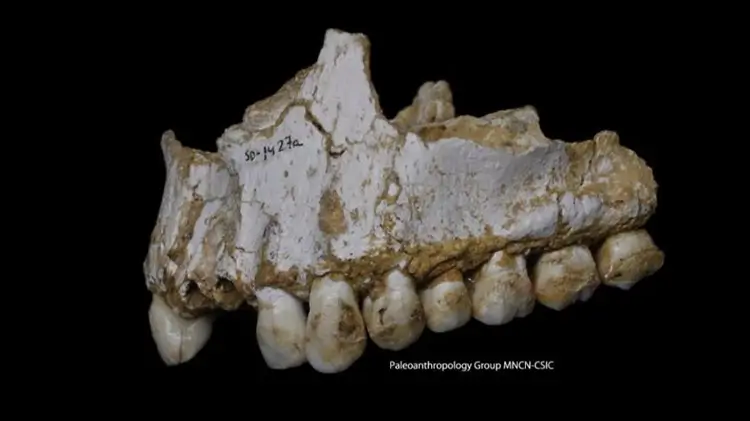
Um outro aspeto foi interessante. A equipa de Weyrich também conseguiu sequenciar completamente um micróbio em particular, chamado Methanobrevibacter oralis, que carece de genes para resistir aos anti-sépticos e digerir a maltose. Com o tempo, este micróbio adaptou-se à higiene e alterou as dietas humanas. A equipa de Weyrich calculou que a estirpe Neandertal se separou da encontrada nos humanos modernos entre 112 000 e 143 000 anos atrás, o que sugere que os dois grupos trocavam Methanobrevibacter provavelmente quando tinham relações sexuais.
Porque é que os grupos de Neandertais que vivem no Sul são veganos? Provavelmente porque podem. Havia um ambiente muito mais amigável e um clima mais ameno com mais fontes de alimento. Os Neandertais veganos não são um grupo moral de indivíduos que decidiram ir à base de plantas como uma escolha pessoal de identidade. É uma escolha de sobrevivência. Se tivéssemos algo que pudéssemos comer crescendo ao lado da nossa caverna, iríamos caçar? Aplicando apenas estratégias óptimas de forragem, temos a resposta. Os neandertais eram anatomicamente mais vegetarianos do que carnívoros, mas nas zonas setentrionais durante a Idade do Gelo, o clima era agreste e tiveram de se adaptar e isso levou algum tempo. Tanto os Neandertais como os humanos modernos evoluíram a partir do Homo erectus. O Homo erectus era uma espécie herbívora. As primeiras ondas de migração conhecidas de H. Erectus para a Eurásia datam de há 1,81 milhões de anos. A investigação genética do relógio molecular tinha colocado o tempo de divergência entre o Neandertal e as linhagens humanas modernas de 800.000 a 400.000 anos atrás. Por esta razão, a maioria dos estudiosos acredita que os Neandertais descendem, via Homo heidelbergensis. A população Homo erectus que permaneceu em África teria evoluído através do Homo rhodesiensis intermediário, em humanos anatomicamente modernos há 300.000 anos atrás ou antes.
Neanderthal evoluiu na Europa e os seres humanos evoluíram em África e existem algumas pequenas diferenças fisiológicas. Os Homo sapiens têm arcas mais pequenas em forma de barril e pélvis estreitas. Os Neandertais tinham torsos em forma de sino com pélvis mais largas. A explicação convencional tem sido que os Neandertais precisavam de mais oxigénio devido ao clima mais frio, pelo que os seus corpos cresceram para suportar um sistema respiratório maior. Mas isto está errado. Vivendo no clima frio da Eurásia há 300.000 a 30.000 anos, os Neandertais instalaram-se em lugares como os Urais Polares e o sul da Sibéria. No meio de um Inverno de tundra, sem que se encontrassem fontes de alimento vegetal, a carne animal feita de gordura e proteínas continuava a ser a única fonte de energia. Embora a gordura seja mais fácil de digerir, ela é escassa em condições de frio. Os animais de presa queimaram as suas reservas de gordura durante o Inverno e tornaram-se muito mais magros. Deve concluir-se que os Neandertais devem ter consumido uma grande quantidade de proteína animal.
A proteína coloca enormes exigências Os seres humanos têm um limite máximo de proteínas de 35 a 50% das calorias da sua dieta. Os seres humanos têm um limite máximo de proteínas entre 35 e 50 por cento das calorias da nossa dieta. Comer muito mais do que isso pode ser perigoso. Os corpos dos Neandertais encontraram uma forma de utilizar mais proteínas, aumentando o fígado e os rins. O peito e a pélvis também se alargaram para acomodar estes órgãos mais robustos, dando-lhes um aspeto distinto. Se olharmos hoje para os povos inuítes, a sua dieta subsiste, por vezes, apenas de carne e nada mais, e eles têm fígados e rins maiores e costelas mais compridas do que a média dos europeus. Para sobreviver à escassez de gordura, os Neandertais especializaram-se também, sem dúvida, na caça de animais de grande porte, como os mamutes. Estes retêm a gordura durante mais tempo em condições precárias e requerem menos energia e velocidade para matar do que as presas mais pequenas e mais rápidas. Os mamutes são demasiado grandes para fugir ou evadir-se, e basta matar um para nos banquetearmos durante meses, porque a carne não se estraga em temperaturas negativas constantes. Mas, à medida que estas mega-feras foram desaparecendo, os Neandertais tiveram provavelmente dificuldade em perseguir presas mais pequenas e mais rápidas. Na parte sul, como em Espanha, seguiram o velho caminho vegan.
O que é que tudo isto nos diz sobre nós? Não tivemos, ao longo dos milénios de vida no clima setentrional da Idade do Gelo, de nos adaptar a uma dieta rica em carne, até certo ponto. Evoluímos em África a partir de uma linhagem vegana baseada num plano de 60 milhões de anos. Os humanos modernos deixaram África pela primeira vez há 100.000 anos, numa série de ondas migratórias lentas, e chegaram ao sul da Europa há cerca de 80.000-90.000 anos.
Portanto, o que é a verdadeira dieta paleo?
Referências:
Passagens seleccionadas de um livro: Pokimica, Milos. Go Vegan? Revisão da Ciência-Parte 1. Kindle ed., Amazon, 2018.
Publicações Relacionadas
Você tem alguma dúvida sobre saúde e nutrição?
Eu adoraria ouvir de você e respondê-las em meu próximo post. Agradeço sua contribuição e opinião e espero ouvir de você em breve. Eu também convido você a siga-nos no Facebook, Instagram e Pinterest para mais conteúdos sobre dieta, nutrição e saúde. Pode deixar um comentário e ligar-se a outros entusiastas da saúde, partilhar as suas dicas e experiências e obter apoio e encorajamento da nossa equipa e comunidade.
Espero que este post tenha sido informativo e agradável para si e que esteja preparado para aplicar os conhecimentos que aprendeu. Se achou este post útil, por favor partilhá-lo com os seus amigos e familiares que também possam beneficiar com isso. Nunca se sabe quem poderá precisar de alguma orientação e apoio no seu percurso de saúde.
– Você Também Pode Gostar –

Aprender Sobre Nutrição
Milos Pokimica é médico de medicina natural, nutricionista clínico, escritor de saúde e nutrição médica, e conselheiro em ciências nutricionais. Autor da série de livros Go Vegan? Revisão de Ciênciaopera também o website de saúde natural GoVeganWay.com
Medical Disclaimer
GoVeganWay.com traz análises das pesquisas mais recentes sobre nutrição e saúde. As informações fornecidas representam a opinião pessoal do autor e não pretendem nem implicam substituir aconselhamento, diagnóstico ou tratamento médico profissional. As informações fornecidas são apenas para fins informativos e não se destinam a servir como substituto para consulta, diagnóstico e/ou tratamento médico de um médico ou profissional de saúde qualificado.NUNCA DESCONSIDERE o CONSELHO MÉDICO PROFISSIONAL OU adiar a BUSCA de TRATAMENTO MÉDICO por causa DE ALGO QUE TENHA LIDO OU ACESSADO por MEIO de GoVeganWay.com
NUNCA APLIQUE QUAISQUER MUDANÇAS de estilo de VIDA OU QUALQUER MUDANÇA COMO UMA CONSEQUÊNCIA DE ALGO QUE TENHA LIDO NO GoVeganWay.com ANTES de CONSULTORIA de LICENÇA MÉDICA.
No caso de uma emergência médica, ligue para o médico ou para o 911 imediatamente. GoVeganWay.com não recomenda ou endossa qualquer específicos, grupos, organizações, exames, médicos, produtos, procedimentos, opiniões ou outras informações que podem ser mencionadas dentro.
Sugestões do Editor –
Milos Pokimica é escritor especializado em saúde e nutrição e consultor em ciências nutricionais. Autor da série de livros Go Vegan? Revisão de Ciênciaopera também o website de saúde natural GoVeganWay.com
Artigos Mais Recentes -
Superior De Saúde De Notícias — ScienceDaily
- The overlooked nutrition risk of Ozempic and Wegovyon Fevereiro 4, 2026
Popular weight-loss drugs like Ozempic and Wegovy can dramatically curb appetite, but experts warn many users are flying blind when it comes to nutrition. New research suggests people taking these medications may not be getting enough guidance on protein, vitamins, and overall diet quality, increasing the risk of muscle loss and nutrient deficiencies.
- A 25-year study found an unexpected link between cheese and dementiaon Fevereiro 4, 2026
A massive Swedish study tracking nearly 28,000 people for 25 years found an unexpected link between full-fat dairy and brain health. Among adults without a genetic risk for Alzheimer’s, eating more full-fat cheese was associated with a noticeably lower risk of developing the disease, while higher cream intake was tied to reduced dementia risk overall. The findings challenge decades of low-fat dietary advice but come with important caveats.
- MIT’s new brain tool could finally explain consciousnesson Fevereiro 4, 2026
Scientists still don’t know how the brain turns physical activity into thoughts, feelings, and awareness—but a powerful new tool may help crack the mystery. Researchers at MIT are exploring transcranial focused ultrasound, a noninvasive technology that can precisely stimulate deep regions of the brain that were previously off-limits. In a new “roadmap” paper, they explain how this method could finally let scientists test cause-and-effect in consciousness research, not just observe […]
- Why heart disease risk in type 2 diabetes looks different for men and womenon Fevereiro 4, 2026
Scientists are digging into why heart disease risk in type 2 diabetes differs between men and women—and sex hormones may be part of the story. In a large Johns Hopkins study, men with higher testosterone had lower heart disease risk, while rising estradiol levels were linked to higher risk. These hormone effects were not seen in women. The results point toward more personalized approaches to heart disease prevention in diabetes.
- Sound machines might be making your sleep worseon Fevereiro 4, 2026
Sound machines may not be the sleep saviors many believe. Researchers found that pink noise significantly reduced REM sleep, while simple earplugs did a better job protecting deep, restorative sleep from traffic noise. When pink noise was combined with outside noise, sleep quality dropped even further. The results suggest that popular “sleep sounds” could be doing more harm than good—particularly for kids.
- This unexpected plant discovery could change how drugs are madeon Fevereiro 3, 2026
Plants make chemical weapons to protect themselves, and many of these compounds have become vital to human medicine. Researchers found that one powerful plant chemical is produced using a gene that looks surprisingly bacterial. This suggests plants reuse microbial tools to invent new chemistry. The insight could help scientists discover new drugs and produce them more sustainably.
- A hidden cellular process may drive aging and diseaseon Fevereiro 3, 2026
As we age, our cells don’t just wear down—they reorganize. Researchers found that cells actively remodel a key structure called the endoplasmic reticulum, reducing protein-producing regions while preserving fat-related ones. This process, driven by ER-phagy, is tied to lifespan and healthy aging. Because these changes happen early, they could help trigger later disease—or offer a chance to stop it.
PubMed, #vegan-dieta –
- Diet type and the oral microbiomeon Fevereiro 2, 2026
CONCLUSION: The diet-oral microbiome-systemic inflammation axis is bidirectional and clinically relevant. Understanding both direct ecological regulation and indirect metabolic effects is essential to support precision nutrition strategies aimed at maintaining oral microbial balance and systemic inflammatory risk mitigation.
- Consensus document on healthy lifestyleson Janeiro 22, 2026
Proteins are a group of macronutrients that are vital to our lives, as they perform various functions, including structural, defensive and catalytic. An intake of 1.0-1.2 g/kg/body weight per day would be sufficient to meet our needs. Carbohydrate requirements constitute 50 % of the total caloric value and should be obtained mainly in the form of complex carbohydrates. In addition, a daily intake of both soluble and insoluble fiber is necessary. Regular consumption of extra virgin olive oil […]
- Vitamin B12 and D status in long-term vegetarians: Impact of diet duration and subtypes in Beijing, Chinaon Janeiro 21, 2026
CONCLUSIONS: This study reveals a dual challenge among Beijing long-term vegetarians: vitamin B12 deficiency was strongly associated with the degree of exclusion of animal products from the diet (veganism), while vitamin D deficiency was highly prevalent and worsened with longer diet duration. The near-universal vitamin D deficiency observed in this study suggests that, in the Beijing context, the risk may extend beyond dietary choice, potentially reflecting regional environmental factors;…
- Nutritional evaluation of duty meals provided to riot police forces in Germanyon Janeiro 13, 2026
Background: The primary role of the German riot police is maintaining internal security. Due to challenging working conditions, riot police forces face an elevated risk of various diseases. During duty, forces are provided with meals. A balanced diet can reduce the risk of some of these diseases and contribute to health-promoting working conditions. Aim: First evaluation of the nutritional quality of duty meals in Germany based on German Nutrition Society recommendations (DGE). Methods: In…
- Iodineon Janeiro 1, 2006
Iodine is an essential trace nutrient for all infants that is a normal component of breastmilk. Infant requirements are estimated to be 15 mcg/kg daily in full-term infants and 30 mcg/kg daily in preterm infants.[1] Breastmilk iodine concentration correlates well with maternal urinary iodine concentration and may be a useful index of iodine sufficiency in infants under 2 years of age, but there is no clear agreement on a value that indicates iodine sufficiency, and may not correlate with […]
Postagens aleatórias –
Postagens em destaque –
Últimas do PubMed, #dieta baseada em vegetais –
- From paddy soil to dining table: biological biofortification of rice with zincpor Lei Huang on Fevereiro 4, 2026
One-third of paddy soils are globally deficient in zinc (Zn) and 40% of Zn loss in the procession from brown rice to polished rice, which results in the global issue of hidden hunger, e.g., the micronutrient deficiencies in the rice-based population of developing countries. In the recent decades, biofortification of cereal food crops with Zn has emerged as a promising solution. Herein, we comprehensively reviewed the entire process of Zn in paddy soil to human diet, including the regulatory…
- Molecular Characterization of Tobacco Necrosis Virus A Variants Identified in Sugarbeet Rootspor Alyssa Flobinus on Fevereiro 3, 2026
Sugarbeet provides an important source of sucrose; a stable, environmentally safe, and low-cost staple in the human diet. Viral diseases arising in sugarbeet ultimately impact sugar content, which translates to financial losses for growers. To manage diseases and prevent such losses from occurring, it is essential to characterize viruses responsible for disease. Recently, our laboratory identified a tobacco necrosis virus A variant named Beta vulgaris alphanecrovirus 1 (BvANV-1) in sugarbeet…
- Nutrition in early life interacts with genetic risk to influence preadult behaviour in the Raine Studypor Lars Meinertz Byg on Fevereiro 3, 2026
CONCLUSIONS: Nutrition in early life and psychiatric genetic risk may interact to determine lasting child behaviour. Contrary to our hypothesis, we find dietary benefits in individuals with lower ADHD PGS, necessitating replication. We also highlight the possibility of including genetics in early nutrition intervention trials for causal inference.
- Effect of the gut microbiota on insect reproduction: mechanisms and biotechnological prospectspor Dilawar Abbas on Fevereiro 2, 2026
The insect gut microbiota functions as a multifunctional symbiotic system that plays a central role in host reproduction. Through the production of bioactive metabolites, gut microbes interact with host hormonal pathways, immune signaling, and molecular regulatory networks, thereby shaping reproductive physiology and fitness. This review summarizes recent advances in understanding how gut microbiota regulate insect reproduction. Accumulating evidence demonstrates that microbial metabolites…
- Rationale and design of a parallel randomised trial of a plant-based intensive lifestyle intervention for diabetes remission: The REmission of diabetes using a PlAnt-based weight loss InteRvention…por Brighid McKay on Fevereiro 2, 2026
CONCLUSIONS: This trial will provide high-quality clinical evidence on the use of plant-based ILIs to address the epidemics of obesity and diabetes to inform public health policies and programs in Canada and beyond.
- Diet type and the oral microbiomepor Daniel Betancur on Fevereiro 2, 2026
CONCLUSION: The diet-oral microbiome-systemic inflammation axis is bidirectional and clinically relevant. Understanding both direct ecological regulation and indirect metabolic effects is essential to support precision nutrition strategies aimed at maintaining oral microbial balance and systemic inflammatory risk mitigation.
